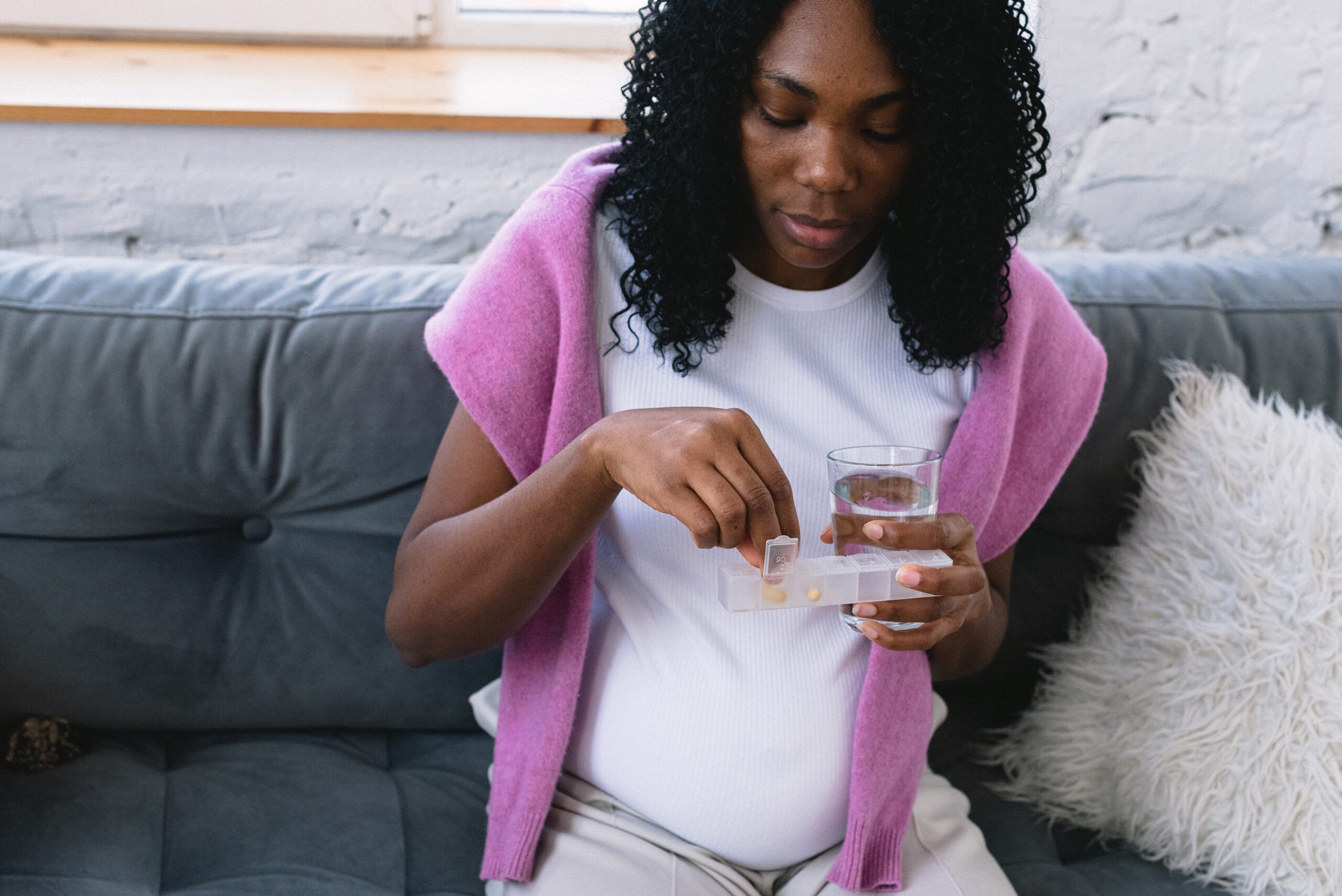Pregnancy is the most beautiful, and life changing time in a woman’s life. But as beautiful as it looks from the outside, there’s so many responsibilities riding on an expectant mother’s plate. At the forefront is the health and safety of her and her baby.
According to Dallas-based ob-gyn Jessica Shepherd, “During pregnancy, nutrition is so important because it is what fuels you and your baby… When we give our bodies the fuel it needs, it’s able to support us so much better. It allows you to be more functional and aids in reducing health risks during your pregnancy. Good nutrition and appropriate supplementation also promotes healthy development for the baby.”
It’s widely known that there are various benefits of taking prenatal vitamins, but for a new, expectant mother it may be difficult to know exactly where to start. Well, worry no further – we’ve got you covered!
Why are prenatal vitamins a necessity for pregnant women?
In an interview with Vogue, Sakara co-founder Danielle DuBoise explains, “No one eats perfectly one hundred percent of the time.” So adding in extra nutritional supplements should be a necessity in anyone’s daily diet – regardless whether they’re pregnant or not.
Manhattan-based nutritionist Maria Marlowe explains that expectant mothers should look at prenatal vitamins like an “insurance policy.” She states, “Because the baby gets all the nutrients it needs directly from mama, it’s easy to become deficient in vitamins. A well-rounded balance of vitamins and nutrients during pregnancy will help provide mom the nutrients needed, as well as help the baby do things, such as form vital organs and body systems.”

Expectant mothers should look for folic acid, iron, calcium, vitamin D, choline and Omega-3’s to be present in their prenatal vitamins.
Folic acid is a critical nutrient because it aids in the proper development of the baby’s brain and spinal cord. The CDC recommends that women take in 400 milligrams of folic acid daily. However, the American College of Obstetrics and Gynecologists recommend taking up to 600 milligrams daily. Choline is also essential because it also aids in the baby’s brain development, and helps prevent other birth defects.
Iron supports the development of the placenta and fetus, and also prevents the mother from developing anemia. According to the American College of Obstetrics, mothers need 26 milligrams of iron per day. Iron is also in foods like poultry, fish, beans, and dark leafy greens.
Calcium is pivotal because it helps aid in the development of the baby’s teeth and bones. Marlowe warns that “if mom is not consuming enough [calcium] during the pregnancy, the mineral will be drawn from her own stores in her bones to provide for her baby.”
We’re sure you can guess why Vitamin D is so important. Intaking the vitamin by mouth is like intaking a dose of sunshine in a capsule. It also reduces the risk of preeclampsia, low birthweight and preterm birth. And lastly, Omega-3’s are essential because they reduce inflammation and also aid in the baby’s brain development.
When should you begin taking prenatals?
The answer for this question is simple: as soon as possible. You should start taking prenatal vitamins once you decide to start trying for a baby. According to Shepherd, “Prenatal vitamins are an important part of pregnancy and are best when [taken] in preconception as it will already be on board for critical changes early in pregnancy like organ development, which starts as early as six weeks.”
So you’ve heard it from us, get to taking those prenatal vitamins if you’re planning on conceiving.
